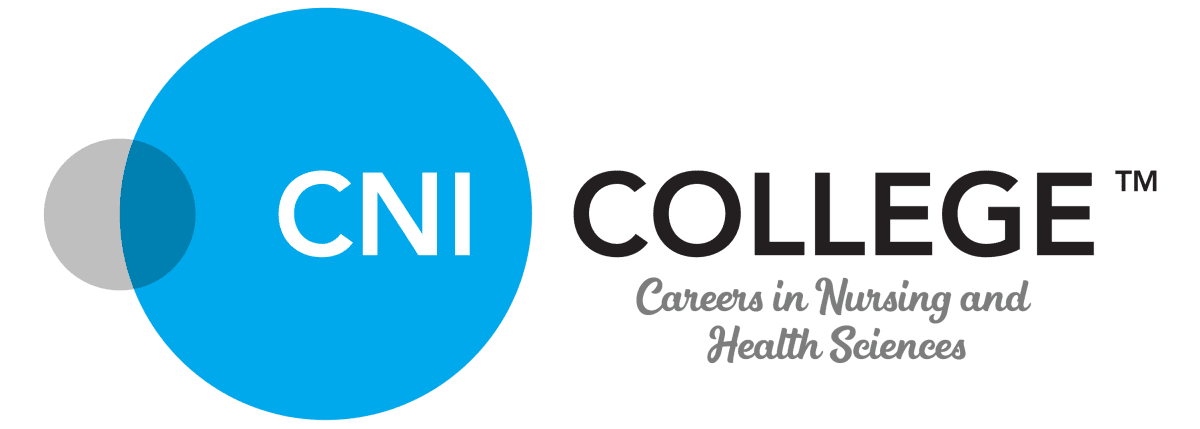Is BSN the Same as RN?
Exploring the Best Path to a BSN Degree
In the field of nursing, one might often come across the terms BSN and RN. Those new to the profession often find these acronyms frequently used but confusing. BSN stands for Bachelor of Science in Nursing, while RN refers to Registered Nurse. While both play crucial roles in healthcare and nursing care, they differ in terms of education, qualifications, and responsibilities.
In this blog, we’ll compare BSN and RN and discuss how to pursue a BSN degree effectively. We will consider the significance of higher education in nursing, the importance of clinical experience, and its impact on patient outcomes and quality care.
Understanding BSN and RN
Gaining a comprehensive understanding of the differences between BSN and RN is fundamental to charting a successful career path in nursing. In this part, we will learn about BSN and RN. We will explore their education and how they contribute to nursing care, healthcare, and patient results.
BSN (Bachelor of Science in Nursing)
A BSN degree is a four-year undergraduate program that provides students with a comprehensive education in nursing and healthcare. BSN programs cover a wide range of subjects, including Anatomy and Physiology, nursing care, and various other aspects of health care. It equips nursing students with the necessary skills and knowledge to excel in their careers and contribute significantly to the field of healthcare. The emphasis on leadership, critical thinking, and evidence-based practice makes BSN graduates valuable assets in the nursing profession.
RN (Registered Nurse)
On the other hand, an RN is a professional nurse who has completed the requirements for licensure set by the state nursing boards. An RN can have different educational pathways, which may include a diploma in nursing, an associate degree in nursing (ADN), or a BSN degree. The ADN and BSN pathways both lead to RN licensure, but they differ in their educational scope and duration.
Differences Between BSN and RN
Aspiring nurses embarking on their journey often encounter the perplexing question: What sets a BSN apart from an RN? Both acronyms are linked to nursing, but they have different meanings and impact patient care and career options.
A Bachelor of Science in Nursing (BSN) and a Registered Nurse (RN) designation are both essential components of the healthcare workforce. They vary in terms of educational attainment and scope of practice, though. In this section, we will unravel the differences between BSN and RN. We will look at the impact of education on nursing care, the significance of higher learning in elevating patient outcomes, and the diverse career trajectories each pathway offers.

Education and Higher Education
The primary distinction between BSN and RN lies in their educational attainment. While an RN can be obtained through different educational paths, a BSN is a specific degree that requires a four-year undergraduate program. BSN programs delve deeper into nursing theory, research, leadership, and community health, enhancing the quality of care provided by nurses. Studies have shown that nurses with a BSN degree tend to have better patient outcomes, reduced mortality rates, and improved healthcare delivery.
Career Advancement and Career Path
Obtaining a BSN degree can significantly impact a nurse’s career path and potential for advancement. Many healthcare institutions, including hospitals and clinics, prefer hiring BSN-prepared nurses for leadership roles and specialized positions. In fact, magnet hospitals in Orange County, California will now only hire nurses with at least a BSN. Furthermore, a BSN provides a solid foundation for nurses who wish to pursue advanced degrees, such as a Master’s or Doctorate in Nursing. These can lead to opportunities in advanced practice nursing or nursing education.
The Best Way to Get Your BSN Degree
In the pursuit of a rewarding and impactful career in nursing, obtaining a Bachelor of Science in Nursing (BSN) degree emerges as a crucial milestone. Becoming a BSN-educated nurse is a transformative experience. It teaches healthcare professionals about nursing care, health sciences, and patient-centered practice.
However, the question arises: What is the best way to embark on this path and achieve the coveted BSN degree? In this section, we will look at the best ways to get a BSN. We will focus on accredited nursing programs, the importance of clinical experience, and how higher education affects patient care.
Enrolling in Accredited Nursing Programs
Enrolling in accredited nursing programs is the first and fundamental step towards obtaining a BSN degree. Accreditation ensures that the nursing program meets the highest standards of quality education. The programs adhere to the guidelines set forth by professional nursing organizations and state nursing boards.
Attending an accredited nursing program guarantees that students receive a well-rounded education. These programs encompass the essential components of nursing care, health sciences, and evidence-based practice.
Accredited nursing programs follow a structured curriculum designed to equip students with the knowledge and skills necessary to succeed in various healthcare settings. These programs cover essential subjects, such as Anatomy and Physiology, nursing care, community health, and pharmacology, providing a solid foundation for delivering quality care to patients. The education in a BSN program helps nursing students think critically, do research, and be leaders. These skills are important for nurses who want to improve patient outcomes and the healthcare system.
One of the significant advantages of attending an accredited nursing program is the recognition and respect it commands within the healthcare community. Hospitals, clinics, and other healthcare facilities prioritize hiring nurses from accredited programs due to their rigorous training and adherence to professional standards. This preference for BSN-prepared nurses is rooted in the understanding that these individuals are better equipped to provide top-tier care and navigate the complexities of modern healthcare settings.
In addition to clinical experience, accredited nursing programs also prioritize cultivating strong communication and teamwork skills in their students. Effective communication is a cornerstone of quality nursing care, as it allows nurses to build trust and rapport with patients and their families, as well as collaborate seamlessly with interdisciplinary healthcare teams. These skills are honed through various interactive learning activities, simulations, and group projects, preparing nursing students to thrive in the dynamic and collaborative nature of the healthcare profession.
Importance of Clinical Experience
Clinical experience is a fundamental aspect of nursing education. It allows students to apply their theoretical knowledge in real-world healthcare settings, gaining hands-on experience in patient care. CNI College prioritizes clinical experiences, providing students with opportunities to work alongside experienced nurses, physicians, and other healthcare professionals. Such experiences not only enhance a student’s skills but also cultivate critical thinking and decision-making abilities in a clinical setting.
Impact on Quality Care and Patient Outcomes

The significance of quality care and positive patient outcomes in the healthcare domain cannot be overstated. As nursing professionals play a pivotal role in shaping patient experiences, understanding the impact of education on the delivery of quality care becomes paramount. The educational path pursued by nurses, whether a Bachelor of Science in Nursing (BSN) or a Registered Nurse (RN), bears a profound influence on the level of care provided and patient outcomes achieved.
In this section, we will delve into the far-reaching consequences of nursing education, exploring how BSN-prepared nurses contribute to enhanced quality care and improved patient outcomes, ultimately elevating the standards of healthcare delivery.
Quality Care and BSN-Prepared Nurses
Studies have consistently shown a positive correlation between BSN-prepared nurses and quality care. BSN graduates are better equipped to deliver evidence-based, patient-centered care, resulting in improved patient outcomes. Their education in leadership and community health also allows them to play essential roles in addressing public health challenges and implementing preventive measures.
Patient Outcomes and BSN-Educated Nurses
The presence of BSN-educated nurses has been associated with reduced mortality rates, fewer medical errors, and decreased hospital readmissions. Their ability to critically analyze patient data, communicate effectively with healthcare teams, and utilize research-based practices contributes significantly to positive patient outcomes.
BSN or RN?
While BSN and RN are related to the nursing profession, they differ significantly in terms of education and qualifications. A BSN degree provides a more comprehensive education and equips nurses with the skills necessary for leadership and evidence-based practice. Pursuing a BSN degree through accredited nursing programs ensures that aspiring nurses receive quality education and ample clinical experience.
Furthermore, attending an accredited nursing program opens doors to a broader range of career opportunities and professional growth. Many healthcare institutions have started setting BSN degree requirements for nursing positions, emphasizing the value of higher education in the nursing field. A BSN degree provides a competitive advantage, enabling nurses to progress into leadership roles. They can also get into specialized areas of practice, and advanced degrees in nursing, such as Nurse Practitioner or Nurse Educator programs.
Ultimately, the impact of BSN-prepared nurses on patient outcomes and the delivery of quality care underscores the significance of higher education in nursing and its critical role in shaping the future of healthcare. With the new requirements for nurses to have at least a BSN to work in magnet hospitals in Orange County, a bachelor’s degree is essential to those looking to enter the field.

